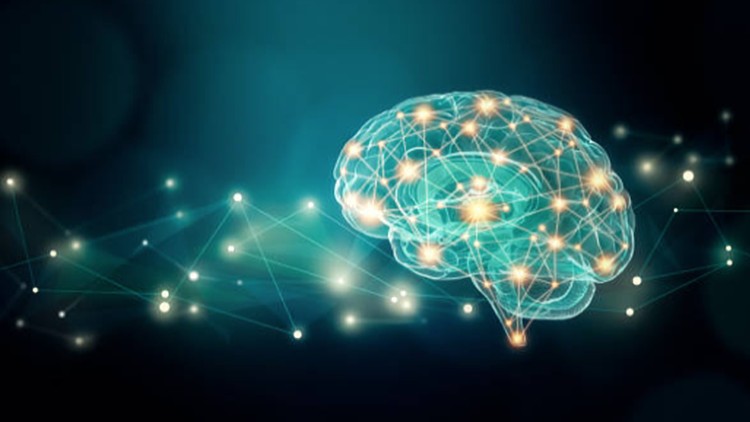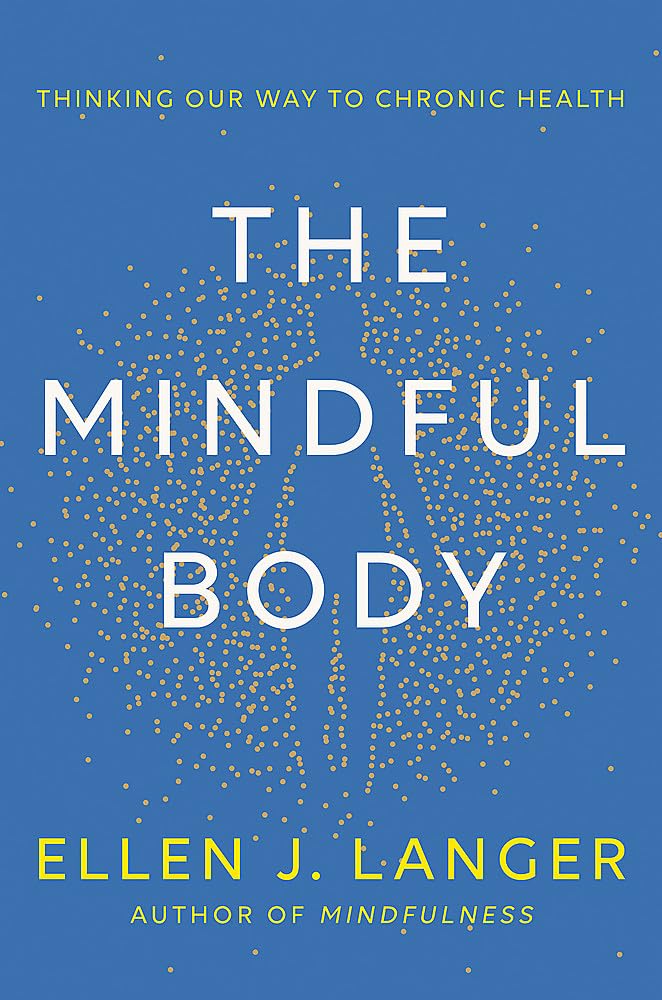Posts Tagged ‘cognitive-abilities’
Best books on cognitive ability and skills according to ChatSpot and ChatGPT
As a follow-up to the article Best books on brain health and cognitive fitness according to ChatSpot and ChatGPT we decided to find out what these popular AI chatbots say about books to understand and improve cognitive ability and skills. Here you are: (Links open corresponding Amazon book pages) Best books on cognitive ability and skills, per…
Read MoreLifestyle matters: What we can do in 2024 to optimize cognition and life, delaying cognitive problems even dementia
Walk 10,000 steps a day, cut back alcohol, get better sleep at night, stay socially active — we’re told that changes like these can prevent up to 40 per cent of dementia cases worldwide. Given that dementia is still one of the most feared diseases, why aren’t we pushing our doctors and governments to support…
Read MoreStudy finds positive self-reported aspects of the ADHD experience among young women, especially related to hyperactivity and hyperfocus
As is true for children and adolescents, many adults experience substantial challenges related to having ADHD. These challenges often include relationship problems, educational and work challenges, difficulty adhering to long-term plans and goals, and time and money management difficulties. Given these well-documented difficulties, it is not surprising that ADHD treatment with adults has largely adopted…
Read MoreFive sharp riddles to celebrate the Holidays in perfect harmony
Q: What is a sure way of sustaining a friendly and sociable feeling towards the whole world? A: Consort only with strangers. Q: What beats regretting what you DID say? A: Treasuring what you DIDN’T say.
Read MoreThe Mindful Body argues against mindlessly accepting age-related decline in cognition and health as inevitable
In 1979, Harvard researcher Ellen Langer invited elderly men to spend a week at a retreat designed to remind them of their younger days, surrounded by the art, music, food, games, décor, and more from the late 1950s. Afterward, the men were tested and found to have made significant gains in hearing, memory, dexterity, posture,…
Read MoreEvidence review: Physical exercise helps boost attention, cognitive flexibility and inhibitory control in children and adolescents with ADHD
The impact of physical exercise on ADHD has been examined in a large number of studies. Collectively, these studies have examined whether exercise reduces on core ADHD symptoms, e.g., inattention and hyperactivity/impulsivity, and strengthens executive functions, e.g., inhibitory control, working memory, and mental health, e.g., emotional and social functioning. Overall, results across multiple studies suggest…
Read More





